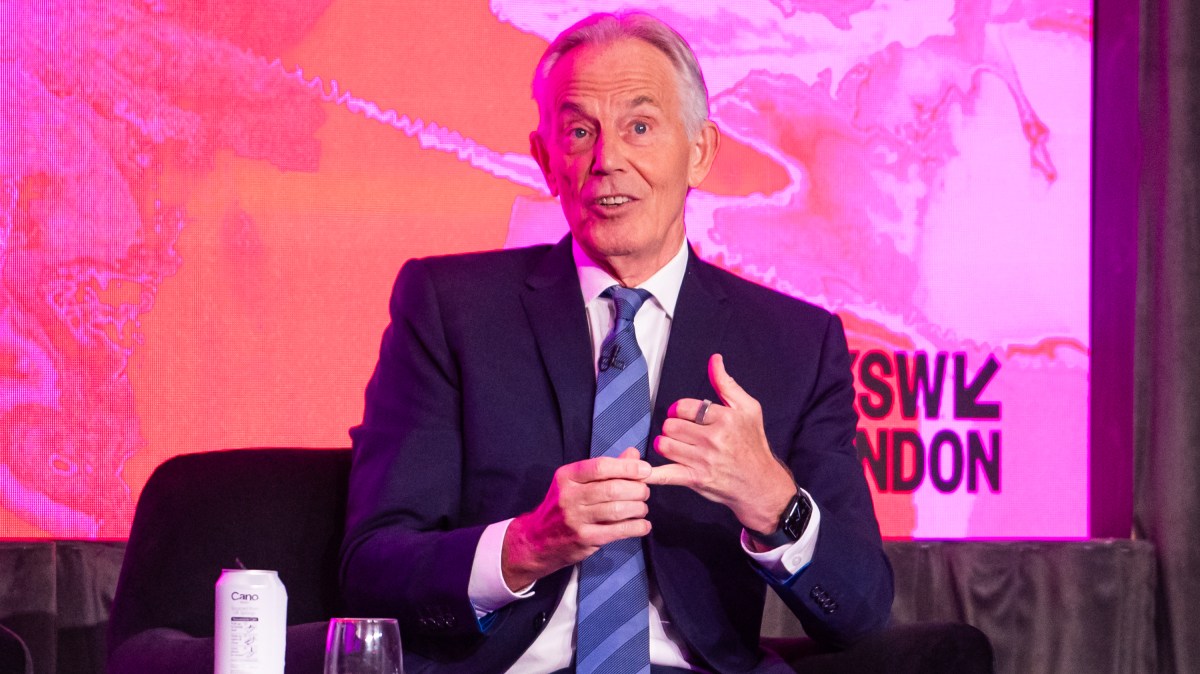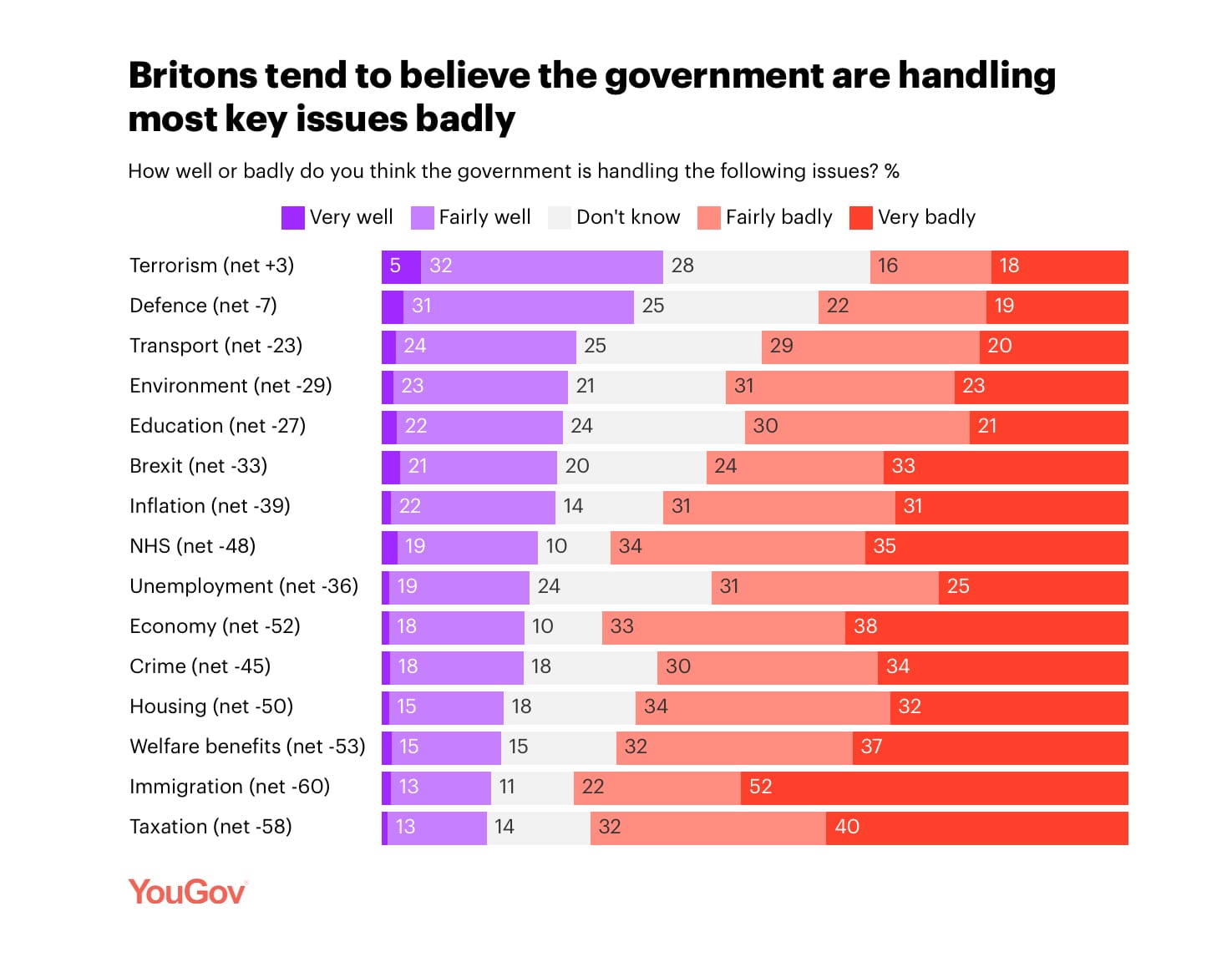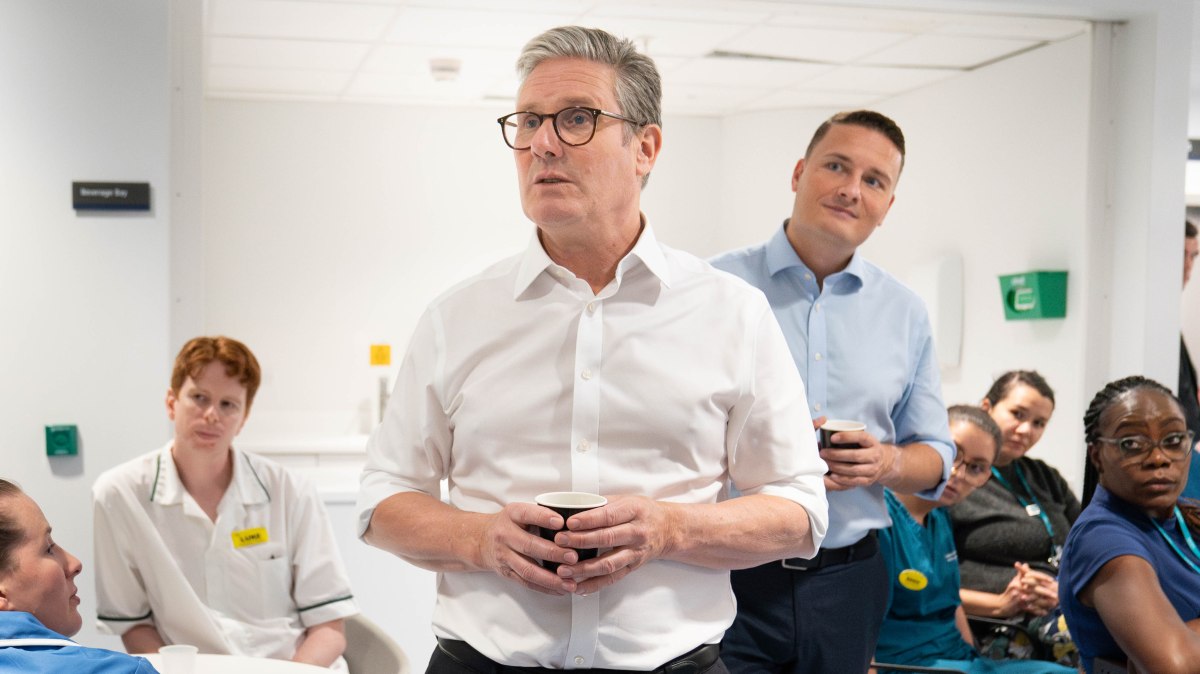Cowper’s Cut 379: In office, but not in power as the NHS drinks on in The World’s Biggest Last Chance Saloon

English health policy and politics of the Conservative governments 2010-24 is best understood in its three distinct eras:
1. The Lansley Regime (2010-12);
2. The ‘Fuck, We Need To Get Simon Stevens In To Fix Lansley’s Mess’ Era (2012-21); and
3. The ‘Fuck Simon Stevens, Who Needs Him?’ Interregnum (2021-24).
I call that last period an interregnum, although since we don’t yet have a new monarch of English health policy and politics, it is very much ongoing.
Labour’s Wes Streeting has been in office since the 2024 General Election, but if we set aside his decision to promptly settle the junior doctors’ pay dispute, it’s a lot harder to claim that he has been in power. There have been some speeches and a lot of media, but not a great deal more. You might describe it as a ‘mañana’ attitude to health policy and politics, but without the urgency.
Mr Streeting told Health Service Journal on 31 January 2025 that NHS England was not to be abolished, only to acquiesce in its abolition a mere six weeks later on 13 March 2025. We still have no convincing explanation of what changed his mind during that short period.
This is important, because we know for a fact that redisorganising the national management structure of the English NHS comes with significant financial and opportunity costs.
Retail my Plan!
Meanwhile, the NHS Ten-Year Plan (AKA The 3:7 Forward View) offers a lesson in how not to do public policy. It’s got to be “really retail”, apparently. I remain baffled by anyone who wants to use the ‘retail’ analogy about public policy: they have clearly missed their true calling in life, which is to work in the true onanist’s trade of PR.
The multiple changes in personnel supposed to be leading and writing The 3:7 Forward View document do not indicate a well-functioning set-up in the Department For Health But Social Care - which is now readying itself to take over the work of NHS England. (Yep, I’m reassured too.)
Nor do the multiple delays to The 3:7FV’s publication: NHSE chair Penny Dash told the Kings Fund annual reception this week that it will arrive “hopefully in late June or early July”. I can only presume that she meant June or July 2025.
Members of the ‘Brains Trust’ advisory group to Mr Streeting have now seen almost a year of him in action, and it would be fair to say that this experience has left several of them underwhelmed. I described Mr Streeting as an Alan Milburn tribute act: he has proven to be all that and less, with the flywheel narcissism of Johnny Mercer and the reforming resolve of Mr Stay-Puft The Marshmallow Man.
Like much of this government, Mr Streeting has failed to evolve from the nature and operating system of opposition, which is essentially about saying things. Periodically shouting ‘REFORM OR DIE!’ at the NHS in England seems to be Mr Streeting’s idea of a good time, but it does not advance the cause of correctly identifying and then improving the many basics that remain badly deficient. Like, let’s say, providing proper urgent and emergency access during the third of the calendar year that is ‘Winter’. Or like maternity.
A performer, not a reformer
Mr Streeting looks like a performer, not a reformer.
His ongoing ‘buy time by making a long-term plan’ gambit is lifted from Mr Alan Milburn’s interview in Nick Timmins’ ‘Glaziers And Windowbreakers’ anthology of past Health Secretaries for the Health Foundation.
And Mr Milburn remains primus inter pares of the ‘Brains Trust’.
That is not a wise choice. Mr Milburn’s last significant foray into health policy was his 2014 lecture to NHS Providers, the ideas in which were a decade out of time even then. It’s amusing that since I last wrote about and linked to the text of this lecture, it has been removed from NHS Providers’ website.
The World’s Biggest Last Chance Saloon
In that 2014 NHS Providers address, Mr Milburn described the NHS “drinking in the last chance saloon”: an analogy he returned to in his interview with The Times last November.
But he has been using it for far longer: as Nick Timmins’ ‘The Most Expensive Breakfast In History’ (again for the Health Foundation) shows, two days after being appointed Health Secretary in 2000, Mr Milburn “told the regular dinner of the ‘top ten’ – leading figures from the medical royal colleges, the BMA and the like – that the NHS was in ‘the last chance saloon.’ If it did not modernise, he said, it would die.”
Sound familiar?
The NHS has, in other words, been drinking in The World’s Biggest Last Chance Saloon for a quarter of a century. (It’s got to be a Wetherspoons, right?)
Use vapourware, says Blair
Mr Milburn’s 2014 peroration also went strongly on tech utopianism: a theme to which he returned in his foreword to this PWC report from 2020 on ‘Making Healthcare Digital’.
Delightfully, Milburn’s erstwhile boss and healthtech-utopian-in-chief Tony Blair (whose Institute is massively funded by the Ellison Foundation of Oracle’s Larry Ellison) this week told a London conference that Britain should use technology that does not exist. (In tech parlance, this is called ‘vapourware’.)

Apparently, Mr Blair believes that we “should have AI nurses, AI doctors”.
AI doctors and nurses don’t exist in The Real World, of course, but why should we let a minor detail like that stop us? Where’s the margin in that?
In the crowded field of healthtech hype, Tony Blair is fast becoming the new Ali Parsa, whose grotesquely bullshitting claims about bankrupted Babylon’s “AI” capacity and capability were neatly summarised in this Wired article (see also this in The Lancet). This HSJ comment piece by the Tony Blair Institute’s health policy lead on AI triage is a very funny read.
It’s an unalloyed delight to see dear old Aloytius on the comeback trail with Quadrivia, an AI company (of course): race you there, fellow health AI lovers! You can’t keep a good man down, and you can’t keep Aloytius Parsadoust down either.
The repeated promises to expand the functionality of the NHS App returned to the fore this week, with the Financial Times reporting on plans (that we have already heard broadcast several times) to increase its use for communications with patients and booking appointments.
YouGov poll shows net -48 public approval for Government’s handling of the NHS

You may not be surprised to hear that the public have started to notice that things in the NHS do not seem to be improving; nor does there seem to those surveyed to be a credible NHS improvement plan.
Newly-released polling by YouGov of 8,000 people in May and early June examined their attitudes to Government’s performance on key issues.
It makes for bracing reading.

Among those sampled, YouGov found that “around seven in ten Britons (69-71%) see the economy and the NHS as being handled badly, compared to just one in five (19-21%) thinking the government have handled the issues well”.
The economy has never been Labour’s ‘gimme’ political issue, but the NHS absolutely is. This is why it was so remarkable when the Cameron-led opposition polled ahead of Labour on public trust in NHS handling in 2009. And we saw how that one turned out …
And yes, it’s another four years yet until the next General Election campaign has to start.
Even so, this index of popular trust in their handling of the NHS should be ‘Panic And Shit Yourself’ territory for Labour. But it isn’t clear that the current leadership are likely to understand why they are where they are; nor what they urgently need to do about it.
Spending Times

Times Whitehall editor Chris Smyth has been briefed that the NHS is to get a Comprehensive Spending Review rise of “2.8 per cent in real terms annually over the three-year spending review period. This amounts to a cash increase of about £30 billion to its £200 billion budget by 2028, or £17 billion in real terms. A £14 billion infrastructure budget — which was increased by 13 per cent this year — will increase only in line with inflation, as (Chancellor) Reeves targets more economically-productive investments”.
This is, unexpectedly, slightly better than previous rumours had suggested. The FT was hearing about expectations of 2%, but last week, The Times reported that the Department For Health But Social Care has been holding out for 4%, with Team 10 Downing Street expected to broker a deal at 3.5%.
The DHBSC’s settling at 2.8% is an interesting outcome, given that they did not hold out till the later stages of the CSR process. This 2.8% is, as the IFS’s Ben Zaranko points out to the FT team, below the historical long-term growth rate of 3.6% a year in real terms.

And as the Nuffield Trust’s Sally Gainsbury told HSJ’s Henry Anderson, pressures from inflation (including pay - and this assuming trades unions settle for what is now on offer); rising demand and higher costs of new treatments; additional elective funding needs; and higher pension costs from higher contribution rates imposed by the Treasury mean that the extra £22.6 billion from increased employer NI charges already allocated until the end of the current financial year will not go that far.
Hey Joe, where you going with that consultancy contract in your hand?
Professor Joe Harrison has been a successful and well-regarded chief executive at Milton Keynes NHS FT, even through the trust’s recent rise in elective and cancer performance problems, exacerbated by the influx of residents attracted by the city’s relatively affordable housing, new cancer centre, free and plentiful hospital parking and many splendid roundabouts.
He is a bright and personable man, and his appointments to national director of digital channels (leading the NHS App programme) and to chair the NHS advisory board for procurement and supply seemed like good ideas.
So it is difficult to imagine what was going through his mind when he decided to take on a consultancy contract with tech firm Channel 3 Consulting as strategic advisor, while still staying in his NHS roles.
That looks like a breach of the Nolan Principles on an unmistakeable scale.

His reversal of this stunningly foolish decision was prompt, and prompted in no small part by the epically-adverse comments below the line on the HSJ reporting. It is appropriate that the right decision was ultimately reached, albeit by the most unfortunate route.
What the fuck was his chair Heidi Travis thinking, in having authorised the option rather than having ruled it out immediately?
Recommended and required reading
The DHBSC’s new urgent and emergency care plan 2025-26 has dropped, and if delivered in full, may give us some useful improvements in four years’ time.
Briefed piece to The Guardian about lower spending on agency staff.
Physician associates to be less misleadingly titled, also briefed to The Guardian.
The Association of British Pharmaceutical Industries on the doom warpath over medicines spending. Again.
Royal College of Nursing-briefed piece in the Boris Johnson Fanzine about freezes to grants paid to university funding for nursing training.




